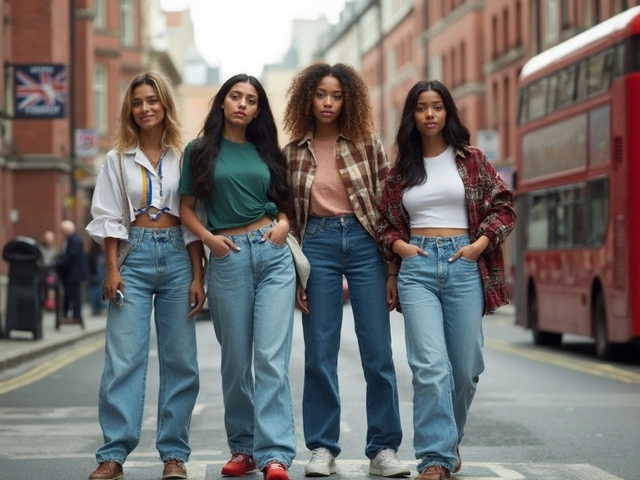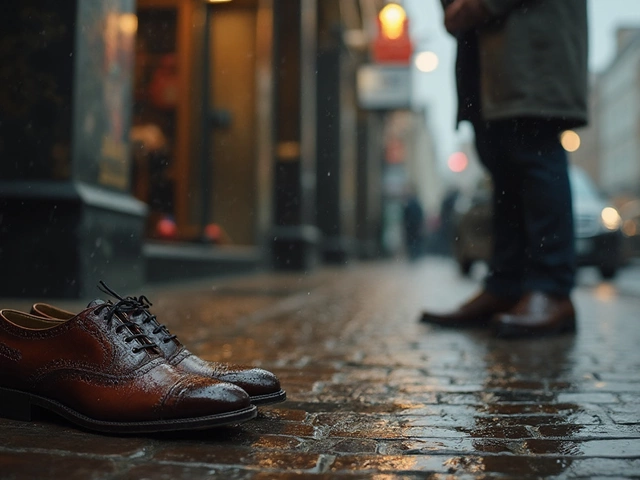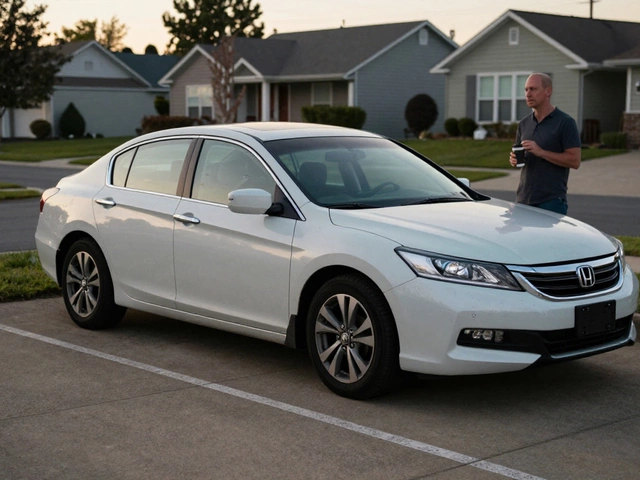Choosing T‑shirts: Find the Right Fit, Fabric, and Style
Ever stare at a rack of plain tees and wonder which one will actually feel good? Picking a t‑shirt isn’t rocket science, but a few basics can save you time, money, and a lot of frustration.
Fit matters more than you think
The first thing to check is how the shirt sits on your body. A good fit should hug your shoulders without pulling, and the side seams should line up with the edge of your chest. If the shirt is too tight, you’ll feel restricted; too loose and it looks sloppy. Try the "pinch test": pinch the fabric at the side seam. If you feel a small amount of give, you’re in the sweet spot.
Length is another quick win. For a classic look, the hem should fall just below the belt line. If you prefer a longer, relaxed vibe, let it hang a little lower—but avoid hiding your entire torso. When you raise your arms, the shirt shouldn’t ride up too much, and the sleeves should end at the biceps or just above.
Fabric choices that actually feel good
Most t‑shirts are made from cotton, blends, or performance fabrics. Pure cotton is soft and breathable, perfect for everyday wear, but it can shrink after the first wash. Look for a pre‑shrunk label or a cotton‑poly blend if you want less fuss.
Polyester blends add durability and moisture‑wicking power, making them ideal for workouts or hot days. If you love that crisp, slightly stretchy feel, go for a tri‑blend (cotton, polyester, and rayon). It feels on‑point and tends to hold its shape longer.
Weight matters too. Light‑weight tees (around 4–5 oz) are great for layering under jackets or for summer. Mid‑weight (5–6 oz) gives a solid feel without feeling bulkier. Heavyweight (7 oz+), often called “premium,” feels substantial and works well for a minimalist, stand‑alone look.
Don’t forget care. A t‑shirt that’s easy to wash and doesn’t pill keeps its look longer. Check the tag for machine‑wash instructions and turn the shirt inside out to protect prints.
Now that you know fit and fabric, think about style. Crew necks are classic and suit most body types; V‑necks add a bit of length to the neck and work well if you have a rounder face. Graphic tees let you show personality—choose one with a design you love, but avoid overly busy prints if you plan to dress them up.
Colour is simple: neutral shades (white, black, gray, navy) pair with anything, while a pop of colour can become the focal point of an outfit. If you’re building a capsule wardrobe, start with neutrals and add a few bold pieces later.
Finally, test the shirt in the store. Move around, sit, and check how it feels when you’re not standing. If you’re shopping online, use the brand’s size guide and read customer reviews for real‑world fit info.
Choosing the right t‑shirt is all about three things: fit, fabric, and how you plan to wear it. Keep these points in mind and you’ll walk away with tees that feel good, look good, and last long enough to become staples in your wardrobe.

Choosing a Good Quality T-Shirt: A Simple Guide
When hunting for a good quality t-shirt, it's essential to focus on fabric, stitching, fit, and where it's made. This guide helps you make informed choices, breaking down the best materials like cotton and blends, explaining why stitching matters, and giving tips on finding the perfect fit. Discover why a t-shirt’s production location can signal its quality. With these insights, you'll find t-shirts that will last and look great.




